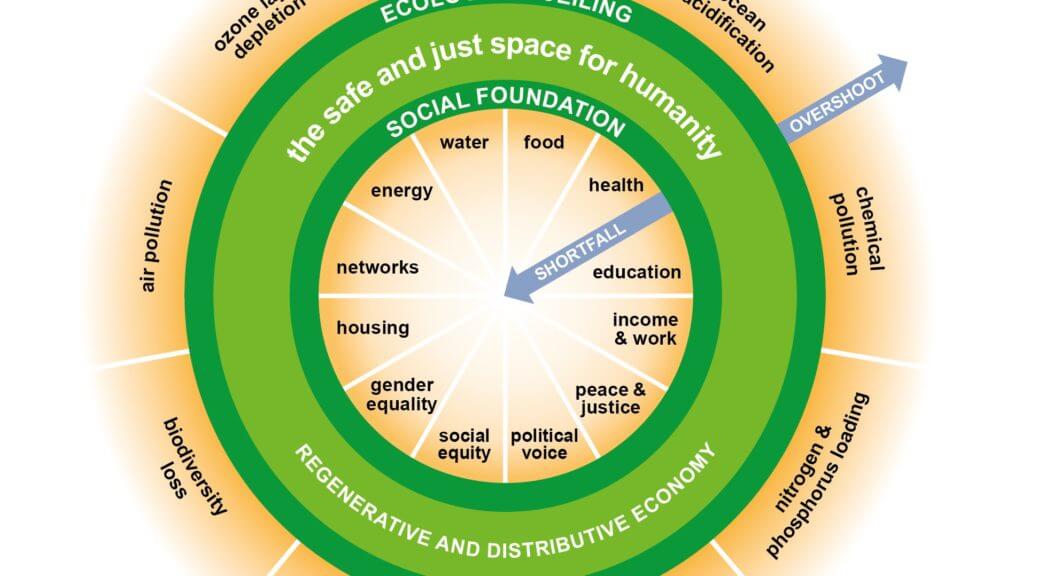Today’s guest is Kate Raworth, she is a senior visiting research associate at Oxford University’s Environmental Change Institute, a Senior Associate at the Cambridge Institute for Sustainability Leadership, and the author of Doughnut Economics: Seven Ways to Think Like a 21st-Century Economist.
In this interesting and wide-ranging discussion, we discuss Kate’s critiques of the standard models taught to economics undergraduates, as well as her views on development, economic growth, inequality, and the environment. You might think our viewpoints would be very different on these topics, but we find a surprising amount of common ground.
During our discussion of inequality and the patterns noticed in the 1950s by Simon Kuznets, I bring up Geloso and Magness’ work on inequality in the early 20th century. You can hear my conversation with Vincent Geloso about that research here, as well as his comments on it here.
Subscribe to Economics Detective Radio on iTunes, Android, or Stitcher.



With her theory; our economy would be in ruins.
Another dreamer/idealist; which is dangerous. Time and time again for years someone comes and tries to explain their system (that is extremely subjective), that won’t work for everyone, but how they think it should work. She’s a wishful thinker as well.
Great episode with a lot to consider and ponder. While I’m not sure I share all the concerns and views of the guest, it highlighted one of the big take-aways from the economics seminar I took in seminary (note: I’m far from an economics expert!).
Economics is a social science, which means it has to do with the behavior of humans, their nature, etc. If we look at it in a mechanical science way, or come in with an improper of human nature, we’ll mess up our economics theory.
Our prof noted that much of modern economic education doesn’t go back to question the foundations, and tries to formulate and model economic science based on desired outcomes and pretty sterile views of the mechanisms.
I think this fits well with what Kate was trying to get across. Not only has the economic landscape shifted, but in our secularized world, the foundations and view of humans needs shifting, none the less. So, it’s certainly time for some overall re-thinking when it comes to economic theory. Keep the good, make adjustments, and toss out the bad.
Right, we need to look at what aspects of economic theory work and to what degree, and which are problematic. The book The Econocracy argues that economics education has become too narrowly focused on what it calls the neo-classical theory; similar to what your prof pointed to.
Just because a nihilistic sociopath attempts to be relevant in economics doesn’t mean that their views are as good as ideas that have made poverty scarce. Classical, Chicago, and Austrian economics have done much to make the world better. These Marxist beliefs have resulted in mass death and suffering.